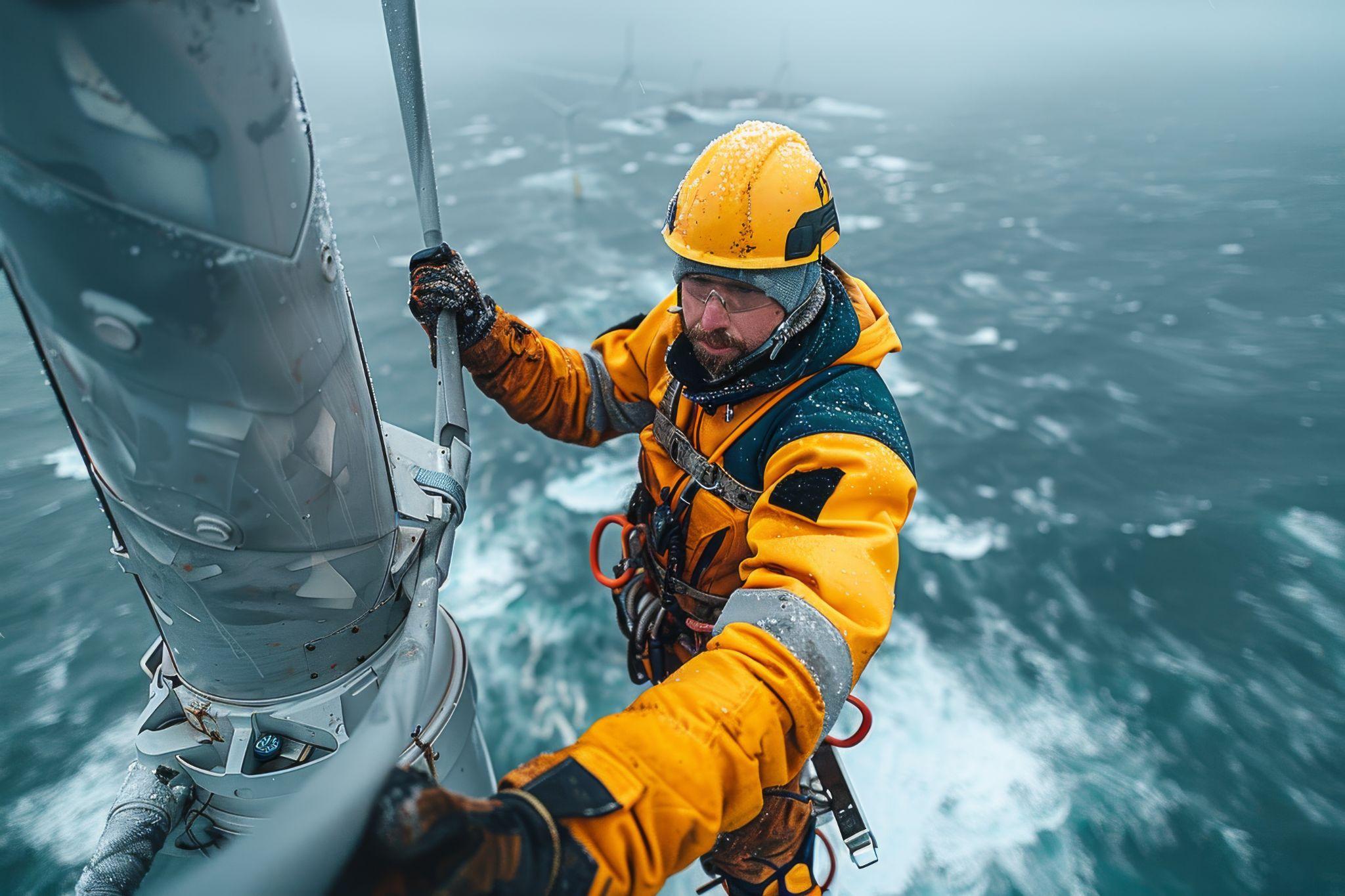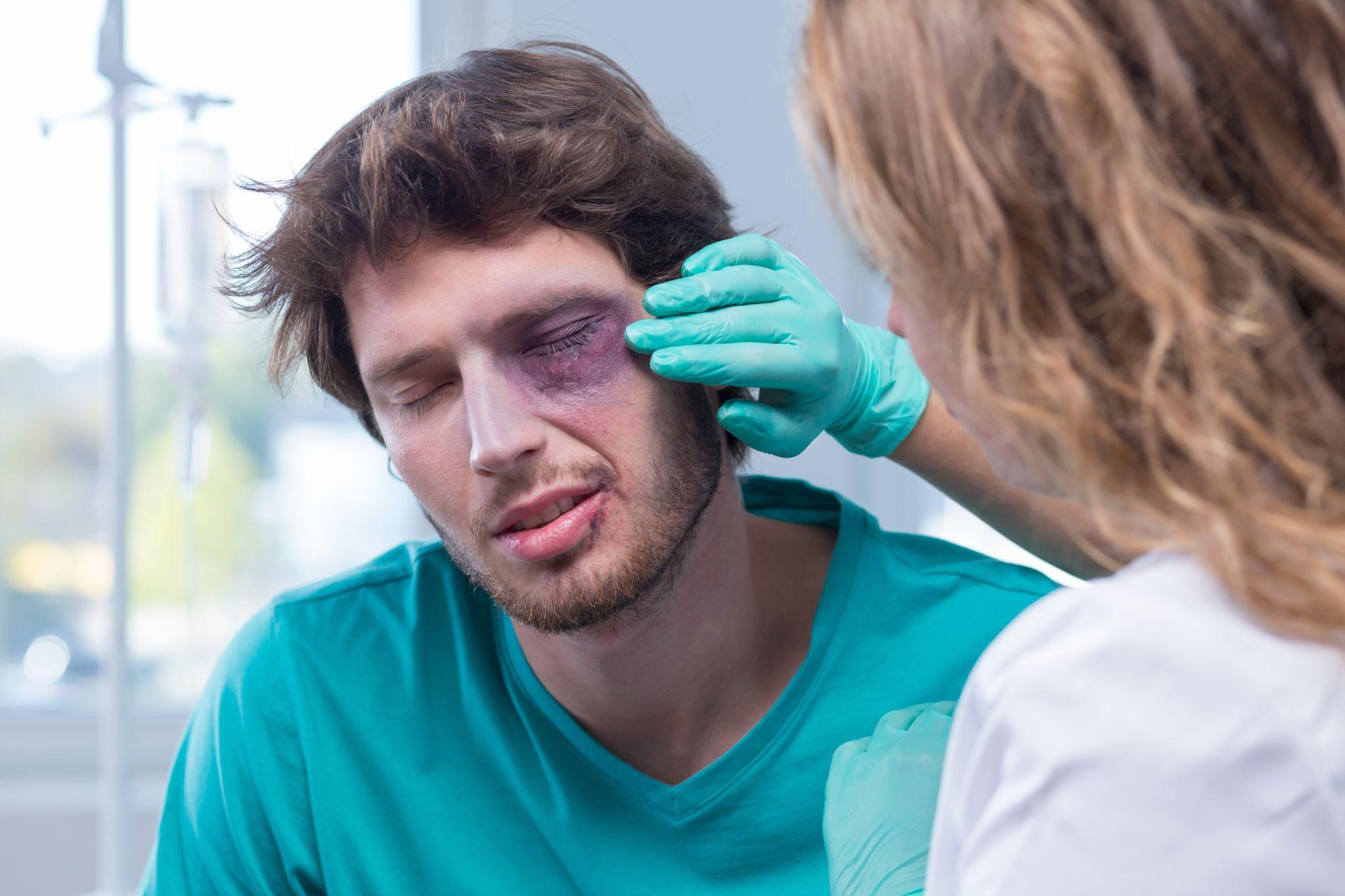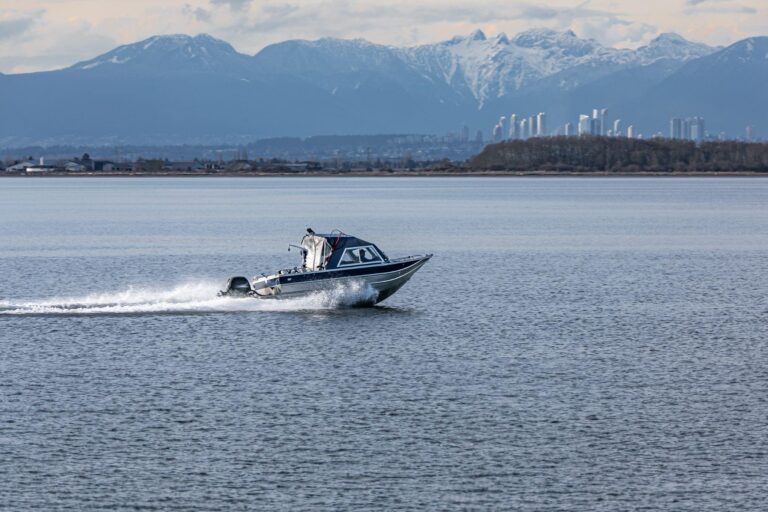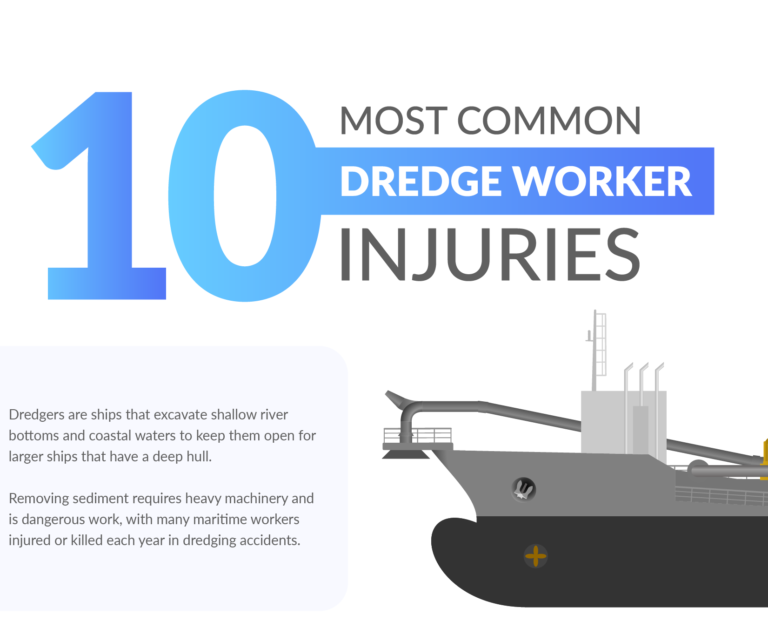Maritime work plays a crucial role in global commerce, but it also presents various hazards that can lead to serious injuries, including those affecting the eyes. Below, we’ll explore how eye injuries happen in maritime settings, the types of injuries that can result, potential complications, and the potential legal compensation for injured maritime workers.
By understanding these aspects, maritime workers can better protect themselves and ensure their rights are upheld in the event of a maritime accident.
Causes and Types of Maritime Eye Injuries
Maritime environments pose numerous hazards that can lead to eye injuries. Here are some of the common causes of eye injuries and the different types of eye injuries they can result in:
Chemical Exposure
Handling or transporting hazardous chemicals without proper protection can lead to severe eye injuries. Common incidents include:
- Chemical Burns: Exposure to chemicals such as acids, alkalis, or solvents can cause severe burns to the eye’s surface, leading to pain, redness, and potential vision loss.
- Irritation and Inflammation: Even less severe chemical exposures can cause significant irritation, leading to redness, watering, and a burning sensation in the eyes. Prolonged exposure can result in chronic inflammation and damage.
Debris and Particles
Many maritime tasks, such as welding, grinding, and cutting, can propel particles into the air, posing a risk to the eyes. Common injuries include:
- Corneal Abrasions: Small metal shavings, dust, or other particles can scratch the eye’s surface, causing pain, redness, and a sensation of something being stuck in the eye. These abrasions can become infected if not treated properly.
- Foreign Bodies: Particles can become lodged in the eye, leading to discomfort and potential complications if not removed with immediacy.
Blunt Trauma
The maritime environment often involves heavy equipment, tools, and cargo, increasing the risk of blunt force injuries to the eye. Such incidents can cause:
- Blunt Trauma Injuries: Impact from tools or equipment can lead to bruising, swelling, and bleeding around the eye. In severe cases, it can cause fractures to the orbital bones or damage to the internal structures of the eye.
- Hyphema: Bleeding within the front chamber of the eye (between the cornea and the iris) can occur due to blunt trauma. This condition can be painful and may lead to vision loss if not treated promptly.
Flashing Lights
Bright flashes from welding arcs or other intense light sources can cause immediate and painful damage to the eyes, leading to:
- Welder’s Flash: Also known as arc eye or photokeratitis, this condition results from intense exposure to ultraviolet light. Symptoms include pain, redness, tearing, and a feeling of sand in the eyes.
- Retinal Damage: Prolonged or intense exposure to bright lights can damage the retina, leading to permanent vision problems.
Potential Complications of Eye Injuries
Eye injuries sustained in maritime environments can lead to various complications, some of which might be long-term or permanent. Understanding these potential complications is crucial for effective treatment and prevention of further issues.
Vision Loss
Severe eye injuries can result in partial or total vision loss. This may occur due to retinal detachment, optic nerve damage, or severe corneal scarring, all of which can impair vision significantly.
Chronic Pain
Persistent eye pain can develop from nerve damage or ongoing inflammation. Corneal scarring or neuropathic pain may lead to chronic discomfort, affecting a worker’s quality of life and ability to perform daily tasks.
Infection
Eye injuries, particularly those involving foreign bodies or penetrating wounds, can lead to infections. Conditions such as endophthalmitis or corneal ulcers can cause severe pain, redness, and further vision impairment if not treated promptly.
Scarring
Damage to the cornea or other eye structures can result in scar tissue, which can obstruct vision and cause long-term visual impairment. In some cases, surgical intervention may be necessary to restore vision.
Secondary Conditions
Injuries can lead to secondary conditions such as glaucoma, cataracts, or traumatic iritis. These conditions require ongoing management and can further impact a worker’s vision and overall eye health.
Psychological Impact
Eye damage can also have a significant psychological impact. The potential for vision loss and the associated pain and complications from an eye wound can lead to anxiety, depression, and a reduced quality of life.
Legal Rights of Injured Maritime Workers
Maritime workers who sustain eye injuries may be entitled to compensation under various maritime laws, such as:
- The Jones Act: Provides seamen with the right to seek damages from their employers for injuries resulting from negligence.
- The Longshore and Harbor Workers‘ Compensation Act (LHWCA): Offers compensation to longshoremen and other maritime workers who are injured on the job.
- Maintenance and Cure: Requires employers to cover the cost of medical treatment and daily living expenses for injured seamen until they have recovered sufficiently to return to work.
Your Legal Partner in Maritime Injury Cases
Navigating the complexities of maritime law can be daunting, especially when dealing with an injury. Our experienced maritime law firm is dedicated to helping injured maritime workers understand their rights and secure the compensation they deserve. We provide:
Expert Legal Advice: Comprehensive consultations to discuss your case and legal options.
Aggressive Representation: We advocate fiercely on behalf of our clients to ensure fair compensation.
Support and Guidance: Ongoing support throughout the legal process to ensure you are informed and empowered.
If you or a loved one has suffered an eye injury while working in the maritime industry, it’s crucial to understand your rights and seek the compensation you deserve. Contact our experienced maritime injury lawyers at Schechter, Shaffer & Harris for a free consultation. We’re here to help you navigate the legal process and ensure you receive the support you need.






